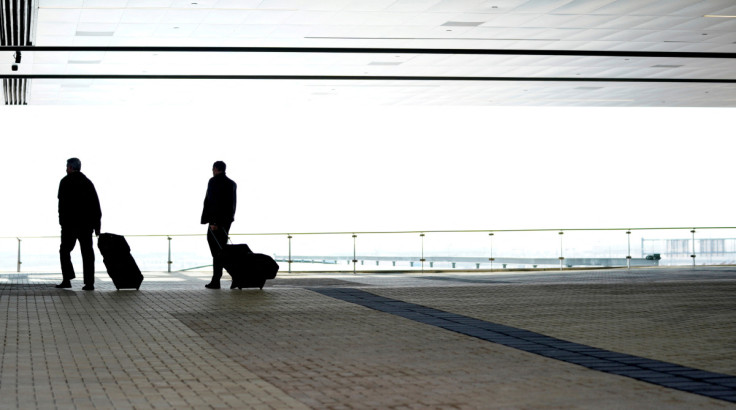
A new study has revealed cost-cutting tendencies amongst UK travellers as they try to put down on expenses amidst the cost-of-living crisis.
The study conducted by hospitality industry software solutions and service provider Agilysys showed that 27 per cent of travellers in the UK rebooked the same hotel, leveraging past experiences.
Hotels have also grasped this pattern and lured old customers using new technology to deliver a good experience that goes well in the current cost-of-living crisis scenario.
The 2023 UK Hospitality Impact Study by the company surveyed the behaviour patterns of over 1000 UK travellers which revealed UK hotels are unlocking guest loyalty by bridging the rebooking gap.
Out of the 1,000 UK consumers surveyed, 27 per cent of frequent travellers, that is 270 UK travellers rebooked their previous hotels in 2023. However, 85 per cent of these 1,000 travellers had to make changes in their holiday plans in the last 12 months because of the cost-of-living crisis.
Two out of five travellers, that is, 41 per cent of the travellers surveyed are travelling less. While 18 per cent are taking shorter breaks to save money 16 per cent of UK travellers are opting for staycations to battle the cost-of-living crisis. 38 per cent are going for fewer holidays.
Nearly half of them, 44 percent, have revealed that they have reduced their leisure spending in 2023 while 36 percent of UK travellers have kept it the same.
Speaking about the matter, the Regional Director of Agilysys, UK, Matthew Prosser said: "Consumer economic concerns have escalated the need for hotels and resorts to provide a seamless guest experience through every touchpoint.
"While some tend to think this can be achieved through personal high-touch service alone, research shows the most impactful way to increase guest retention and returns is to combine technology advances with personal and attentive service so that guests are surrounded by choice, convenience and personalised encounters."
"Improving guest retention by as little as five per cent has been estimated to increase profits by as much as 25 per cent, according to Bain & Company, so it is essential that hoteliers understand why guests are not returning to their venues so they can address the problem," Prosser added.
Personalised experience made UK travellers rebook hotels
The study further elaborated on how UK hospitality industry consumers are thinking while rebooking a hotel. While 64 per cent of UK consumers said they would book hotels with reduced wait times, 62 per cent revealed they preferred tailored experiences suitable to their preferences.
Some 61 per cent wanted flexible management of their stay either through the hotel staff or technology. While 62 per cent are looking for loyalty programs from the hotels, 58 travellers want pleasant surprises like chocolate on their pillows. These are all expectations of those UK travellers who don't rebook hotels.
Those travellers who rebooked UK hotels in the last year also cited similar reasons to those who didn't rebook including hotel staff and curated experience. Some 48 per cent rebooked the hotels or resorts that offered exceptional end-to-end experiences, from booking to checkout.
While 42 per cent of those who rebooked hotels liked it when the hotel staff were friendly and went the extra mile to make their stay comfortable, 24 per cent loved the tailored experience given based on their preferences.
This comes at a time when a study revealed how artificial intelligence and the Internet of Things are changing customer experience in the UK hospitality industry.
Prosser elaborated how the survey showed a need to create exceptional experiences for UK travellers as they have high expectations when it comes to personalisation and flexibility.
"Investing in the right technology platform is key to empowering staff to create unforgettable memories and building lasting connections with their guests. Hoteliers then can focus on developing brands that are well-loved by all guests, boosting return on experience in the form of positive reviews, return stays and, ultimately, high economic returns," said the Regional Director of Agilysys.
Meanwhile, the Chief Executive of the Hospitality Professionals Association (HOSPA) Jane Pendlebury said: "This research has confirmed what we always suspected; hospitality can be a tough industry."
Pendlebury continued: "Hospitality has often proved to be an early indicator of an economic downturn and these businesses, sadly, are also usually slow to recover as consumer confidence catches up with an improving economy.
"However, small tweaks to business models can substantially increase profitability."
She urged the UK hospitality sector to leverage the latest technology like automation to boost customer loyalty as it is a major player in determining success in the industry.







